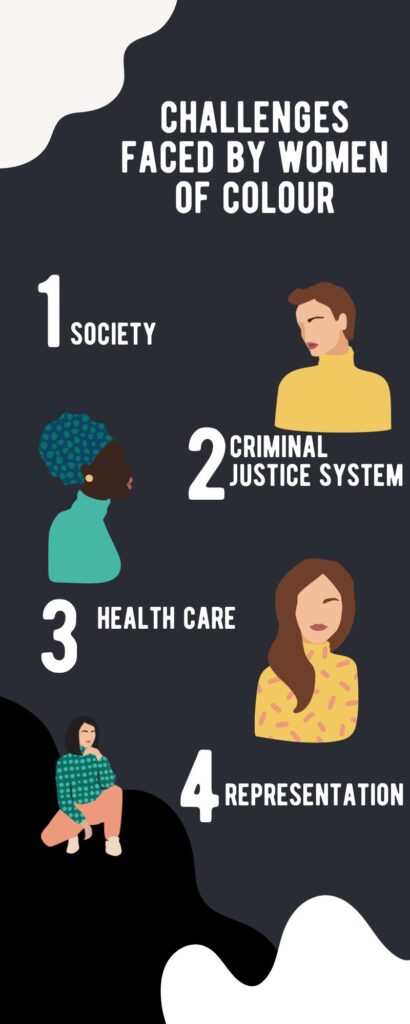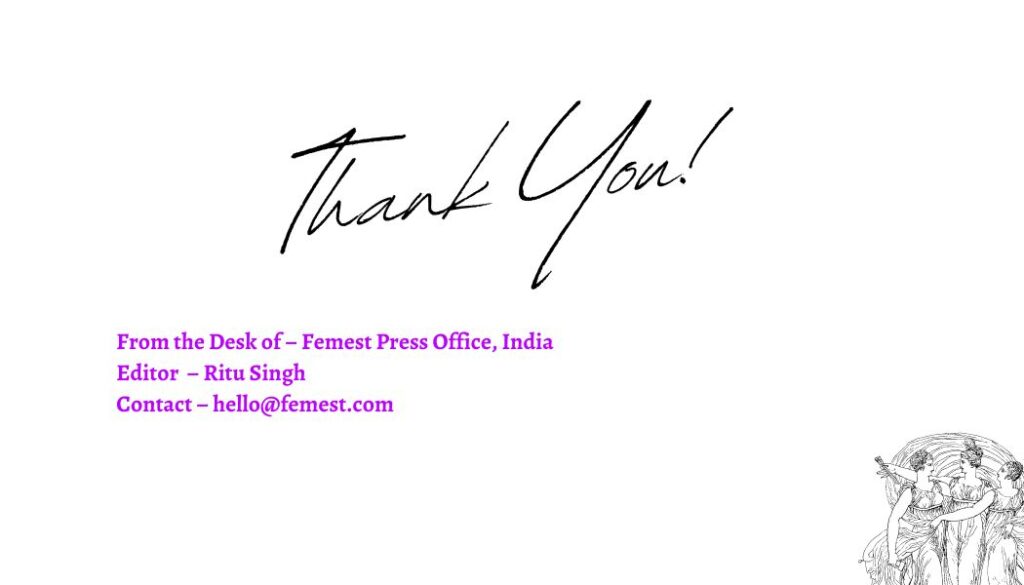The intersection of gender and race is a critical discussion area regarding the struggle for equality.
Women of colour face unique challenges that arise from the overlap of their gender and racial identities, which can lead to discrimination, marginalization, and oppression.
Historically, women of colour have been subjected to various injustices that have impeded their progress and prevented them from achieving equality.
From slavery to segregation, women of colour have faced systemic discrimination that has left lasting scars on their communities. They have been excluded from educational and economic opportunities and denied access to fundamental human rights.
One of the main challenges faced by women of colour is the way that they are perceived by society.
Often stereotyped and marginalized, leading to adverse outcomes, such as reduced job opportunities, lower pay, and limited access to health care.

This can be incredibly challenging for women of colour who are trying to break through the glass ceiling and succeed in fields that are traditionally dominated by men.
Another challenge facing women of colour is the way that they are treated by the criminal justice system. Women of colour are more likely to be arrested and incarcerated than white women, even when they have committed similar offences. This is due to various factors, including racial profiling, biased policing, and discrimination within the justice system.
Women of colour who have been incarcerated often face additional challenges when they return to society, such as difficulty finding employment and rebuilding their lives.
The struggle for equality for women of colour is closely tied to health care and reproductive rights issues.
Women of colour are more likely to experience health disparities and face challenges accessing quality health care.

They are also more likely to face barriers to accessing reproductive health services, such as contraception and abortion.
Recognizing and understanding the intersectional nature of discrimination and oppression is essential to address these challenges. This means acknowledging that women of colour face unique challenges that arise from the intersection of their gender and racial identities and working to address these challenges through policy, education, and community outreach.
A critical step towards achieving equality for women of colour is to increase representation and diversity in positions of power. This includes increasing the number of women of colour in leadership positions in business, politics, and other fields. It also involves promoting greater awareness and understanding of women of colour’s unique challenges and supporting initiatives and programs designed to address them.
Another important step is addressing the systemic issues contributing to inequality and discrimination. This includes addressing biases within the criminal justice system, improving access to quality health care, and promoting more excellent economic opportunities and educational access for women of colour.
The struggle for equality for women of colour is a complex and multifaceted issue that requires attention and action from all members of society.
By recognizing and understanding the intersectional nature of discrimination and oppression, we can work towards creating a more equitable and just society for all women, regardless of their race or ethnicity.
We must continue to promote more excellent representation, awareness, and advocacy for women of colour and work towards creating a world where all women can thrive and succeed.

